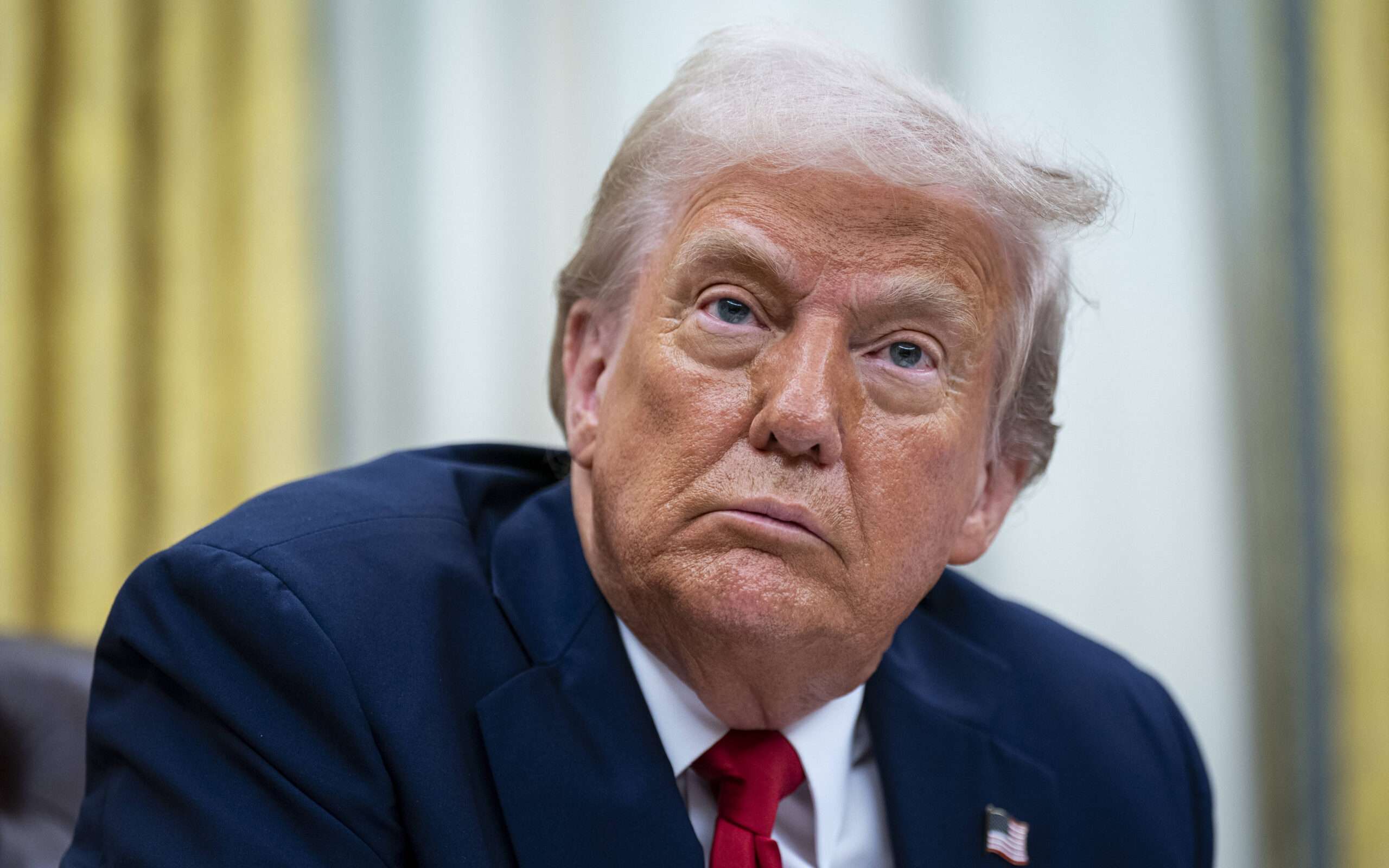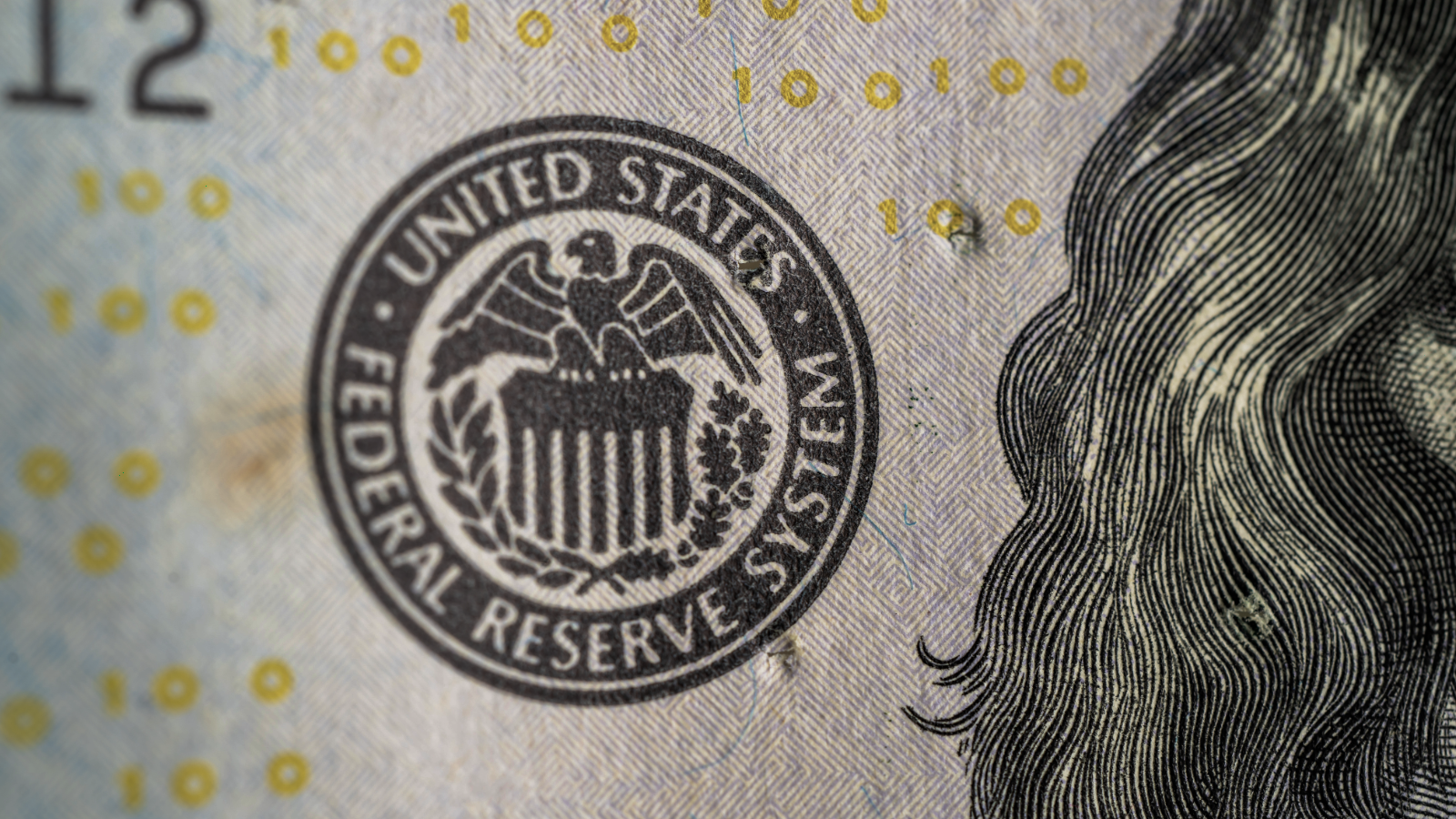US-Japan Trade Talks Stir Economic Tensions
Amidst tense economic negotiations, President Trump unveils plans impacting key global trade dynamics. Insights on tariff strategies and international relations develop.
Published April 19, 2025 - 00:04am

Image recovered from washingtontimes.com
President Donald Trump's direct participation in trade negotiations with Japan has highlighted the increasing tensions and high stakes involved in global trade. On Wednesday, Trump surprised many by attending talks with Japanese officials, a move that underscores the importance he places on addressing the trade imbalance with Japan. The discussions, which involved senior officials such as Treasury Secretary Scott Bessent, focused on broad economic issues including tariffs and financial contributions to U.S. military deployments abroad.
Japan's Economic Revitalization Minister, Ryosei Akazawa, led the Japanese delegation to Washington, marking a significant step in responding to the sweeping economic measures imposed by the Trump administration. Under pressure from 24% tariffs on exports to the U.S., and a specific 25% tariff on automobiles, Japan is navigating complex negotiations that aim to protect its vital export economy.
In his social media posts, President Trump emphasized the potential for achieving substantial progress, albeit without revealing specific details of the negotiations. His statements reflect a broader strategy that involves adjusting tariffs to promote what he terms 'trade fairness'. However, these moves have sparked apprehension within Japan, as Prime Minister Shigeru Ishiba stipulated that Japan is not prepared to provide significant concessions despite the American pressure.
The tariffs are a part of a wider economic policy by President Trump, who recently introduced a 90-day pause on tariffs for nations willing to engage in trade discussions. Japan, alongside 14 other countries, is trying to leverage this window to secure a more favorable trade arrangement. Yet, the persistence of a 10% universal tariff and the heavy automobile duties present ongoing challenges for the Japanese economy, which relies heavily on car exports.
In parallel, Trump administration officials, including Scott Bessent, have been in talks with other nations like South Korea and Vietnam, demonstrating a concerted effort to adjust and clarify U.S. trade relations across Asia. These discussions could signal a shift towards a more protectionist stance by the U.S., aiming to incentivize domestic production and reduce trade deficits.
The diplomatic back-and-forth between the U.S. and its trading partners extends beyond economics. Discussions have veered into security realms, particularly concerning Japan's financial contributions to the U.S. military bases on its territory. This compound issue, combining trade and defense, indicates a strategy where economic negotiations are intertwined with broader geopolitical aims.
While there are clear intentions from both parties to reach a mutually beneficial agreement, the negotiations remain fraught with challenges. The strategic importance of Japan as a trading partner, combined with historical ties in defense, places it under unique scrutiny. Ensuring that these talks take a fruitful course is imperative for both nations to maintain stability.
As the dialogue unfolds, it will be pivotal to watch how Japan responds to the complexities introduced by the current U.S. administration's policies and whether other nations involved in these extensive negotiations will find common ground with Washington's new economic directives.






